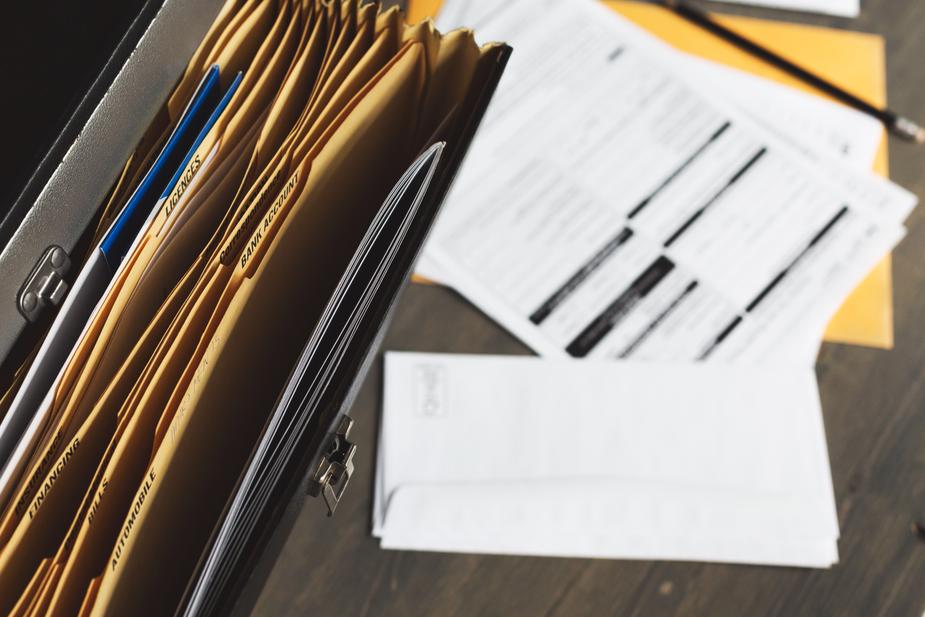When you set out to purchase a home, some of your expenses likely will include a down payment, as well as money for movers and new furnishings. There’s also another expense that many homebuyers sometimes forget about: closing costs on a mortgage.
Typically ranging from 2 percent to 5 percent of a borrower’s loan amount, closing costs average about $5.749 nationally. The good news? You usually won’t have to present a check for your closing costs when you sign your mortgage.
While you could select that option, you often will get the chance to roll these fees into your mortgage and pay them off along with the rest of your loan (whether you’re buying a new home or refinancing). Here’s a little more information to help you decide what the best choice is.
Should you pay closing costs upfront?
The pros of writing a check for the closing costs upon finalizing your mortgage is that you won’t have to assume the additional debt when you buy a home. While you’ll pay interest on your closing costs if you roll them into your loan, you won’t if you pay them upfront.
Meanwhile, if money is tight and you already are spending much of your savings on a down payment, you could be better off rolling your closing costs into your loan. And if you’ve managed to secure a low-interest rate on your mortgage, it also might be advantageous to add an extra few thousand dollars to your home loan.
How to lower closing costs
The less you have to spend on closing costs, the smaller the check you’ll have to write out…or the less you’ll add to your mortgage balance. That’s why it’s wise to keep your closing costs to a minimum. You can do so by seeing if the seller will pay some or all of your closing costs.
In a normal housing market, it’s not uncommon for sellers to be asked to pick up some or all of a buyer’s closing costs. Sellers often are willing to do so if they want to solidify the offer they’ve received. But this strategy may not work right now because it’s a seller’s market.
What’s the right call for you?
No matter how much you end up spending on closing costs, think about the best way to pay those fees. If you can afford the extra money at closing, you may decide to just spend it and be done with it.
But if you’d rather conserve your savings, rolling the closing costs into your mortgage could be a better choice. This is especially true if you’re buying a home that will need a lot of work. You might need that money in the near term to get it into tip-top shape.



